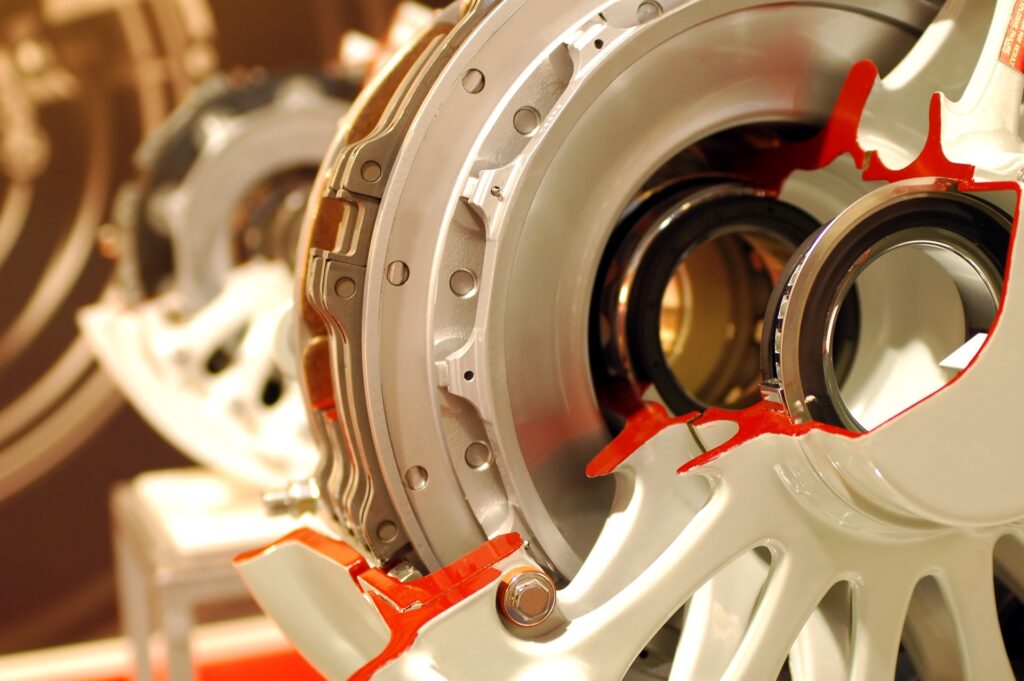While computers, the internet and many modern inventions have drastically helped improve the world, one often overlooked innovation is actually what made much of our achievements possible: alloys. A combination of 2 or more metals, alloys have helped build and craft some of the most important inventions since their discovery. Practical uses of alloys are numerous, but there’s not one alloy for all uses.
Below we detail the main applications of alloys in the modern world.
Practical Uses of Alloys: Why Use Them to Begin With?
Base metals like copper, zinc, and iron all have desirable properties on their own, but when combined those useful properties all work together or have even better attributes than before.
Think of an alloy like a great soup. Ingredients for soup on their own are often good, but when put together they become incredible from the mix of flavours and textures. Alloys can be thought of in much the same way.
Practical Uses of Aluminum Alloys
Aluminum is already one of the most versatile metals on the planet, and combining it with other metals to form alloys makes it even better. Most metals alloyed with aluminum are included to provide additional strength, but other specific characteristics depend highly on the end-use.
Most commonly, the practical uses of aluminum alloys are within the construction, transportation, electrical, and medical industries. Aluminum alloys are especially important for the aerospace industry as high-altitude flying was made possible through them.
Practical Uses of Copper Alloys
Copper used to be a staple of many uses and today it still is, but more often as an alloy than simply on its own. Because copper benefits from properties like high corrosion resistance, ductility, low cost, and electrical and thermal conductivity, it’s naturally suited for many applications in the electrical industry for everything from wires to semiconductors.
Practical Uses of Nickel Alloys
While nickel is known for its value as a coin in Canadian currency, nickel alloys are less well-known but are still incredibly important. These alloys have excellent corrosion and heat resistance and are most frequently used in control equipment to determine the base electrical characteristics of that equipment.
Some of the most notable applications include aircraft turbine engines, nuclear power plants, and many chemical and petrochemical industries.
Practical Uses of Stainless Steel Alloys
Stainless steel is renowned as a staple of many applications, particularly cutlery, but its alloy applications span a much greater variety of sectors than simply just the food ones. Most alloys provide a bonus to strength and resistance to oxidation to help them last even longer.
Because of their resilience to rusting, stainless steel alloys will often be used for practical purposes in the marine and underwater industries where longevity and strength are some of the most important attributes. They also find plenty of use in manufacturing as well where they’re commonly used to create electronic agricultural materials.
Overall, alloys are immensely important to the modern world and open the door to many new inventions and innovations to help improve the lives of everyone.

